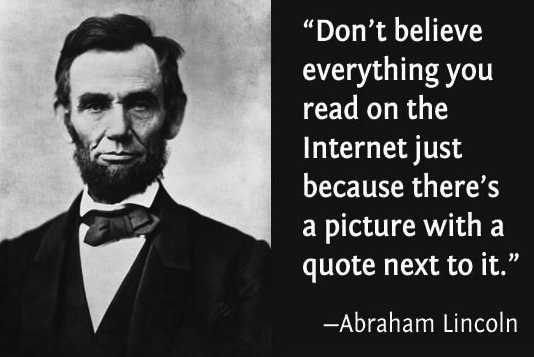Q: I’ve gathered from overhearing casual conversation that a couple of my employees believe in conspiracy theories and are worried about stories they’ve seen on the internet that I know are not true. They are both good employees, and good at their jobs. They have no customer interaction so thankfully I don’t anticipate their beliefs will affect their job performance or my business. But, it still worries me that these two really nice people are going around misinformed and being duped because they’re naïve in what they see on social media. Should I try to help?
A: Unfortunately, according to Reuters, the majority of US adults (67%) are getting their news from social media. For those under 50 the percentage getting news from social media platforms shoots up 78 % . Most often the platform used is Facebook, which is now infamous for allowing false information to be carried on the intertubes, as well as for allowing users, like your two employees, to be targeted as vulnerable marks to believe certain stories.
So, those statistics describe how we got here, and why (unless we’re skeptical) we’ll have employees and relatives who believe false facts, are misinformed and sometimes scared. So what can you as an employer do to help them not become targets or to see through the scam?
Well, let’s start with what NOT to do.
- Don’t tell them how wrong they are
- Don’t try to give them opposing facts (they are impervious)
- Don’t belittle or mock them
Your easiest option, since their job performance is not affected by their opinions, is to do nothing and live with it.
Alternatively, you could offer a more general “how to use social media” training, which Forbes suggests should be mandatory and which may help your bottom line since “…companies that have a large number of social media engaged employees have 21% better productivity”.
Lastly, you could try to educate them more specifically on how to consume news from social media, and help them improve their overall media literacy.
Look for an article by www.thetechadvocate.com titled What is Media Literacy and Why does it Matter which makes the case for teaching students (and employees) how to use their critical thinking to spot manipulation.
Readers, do you have other suggestions?
©Copyright Eva Del Rio
Eva Del Rio is creator of HR Box™ – tools for small businesses and startups. Send questions to Eva@evadelrio.com



